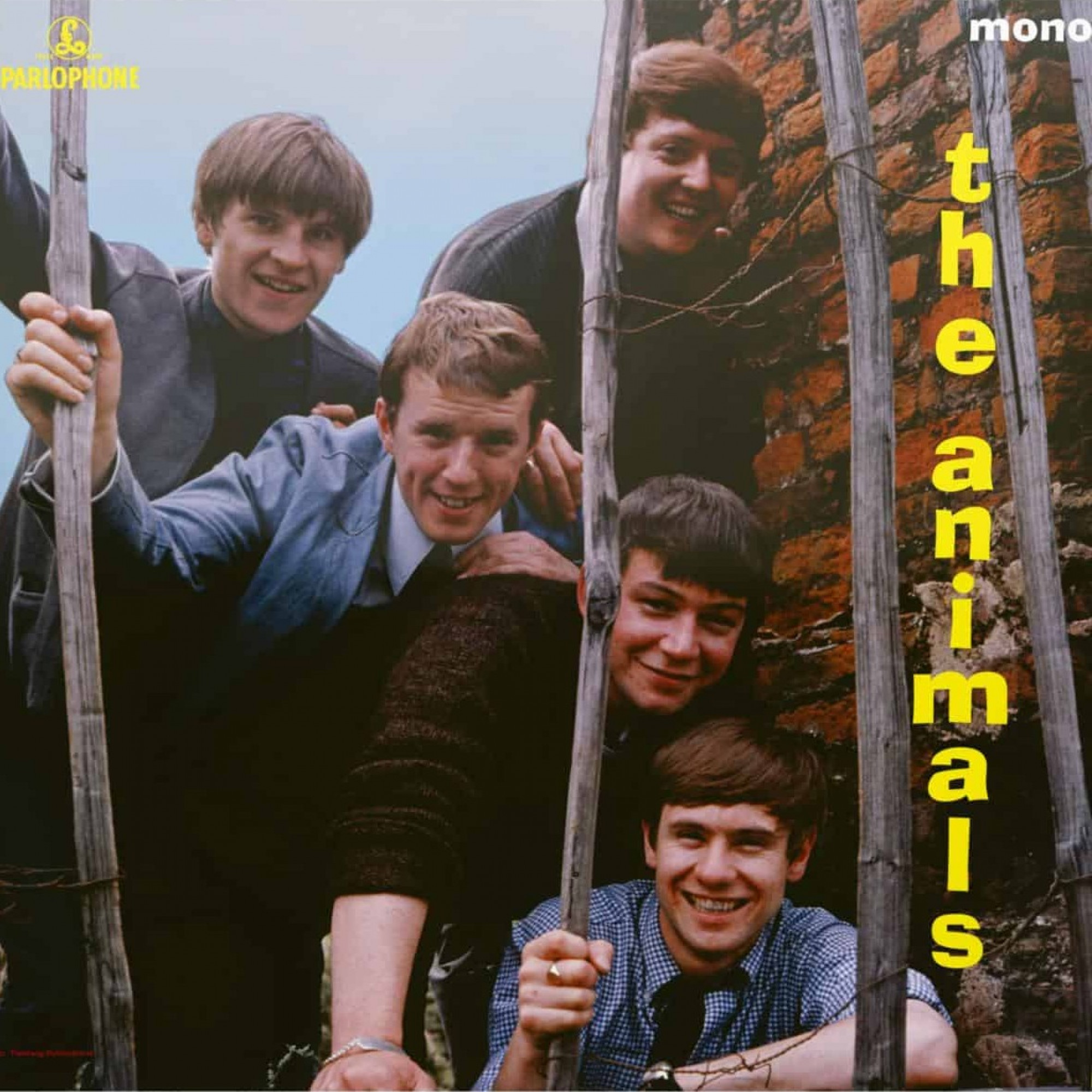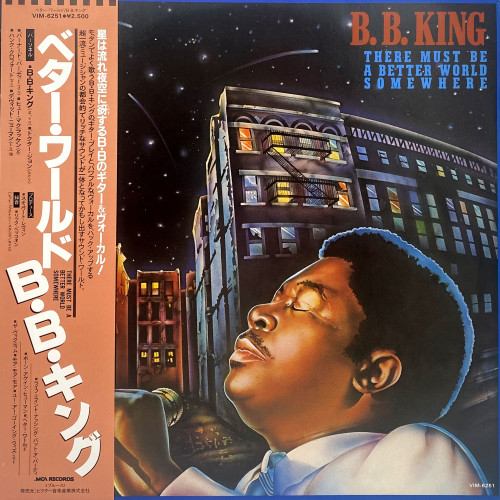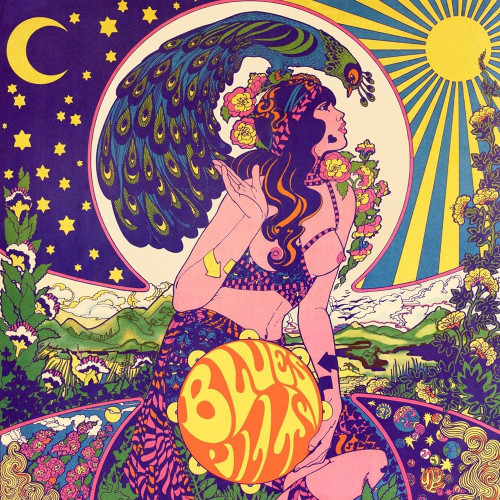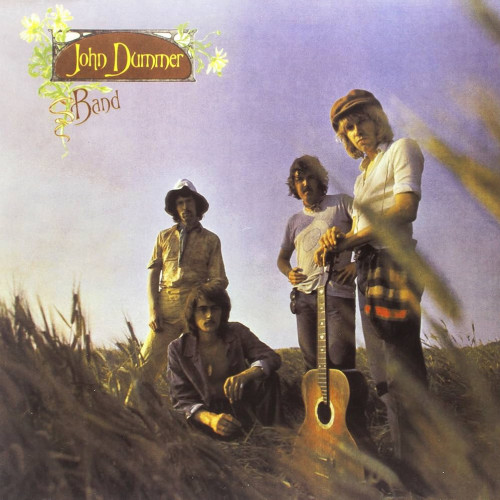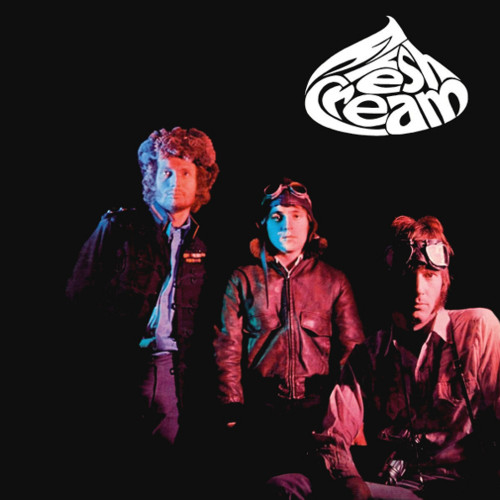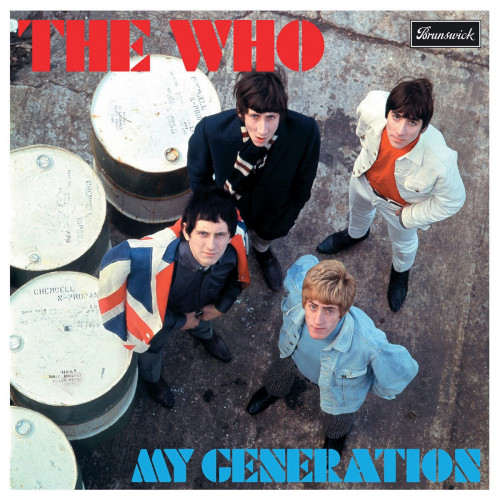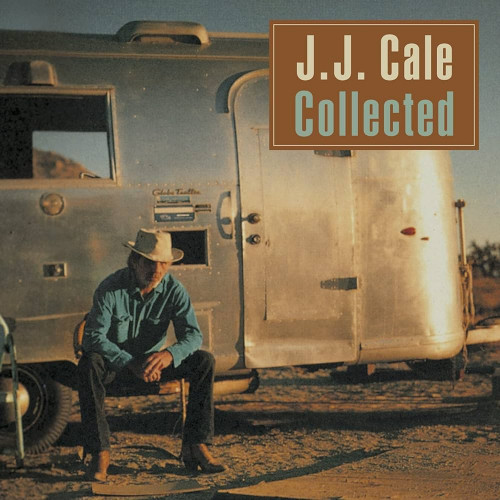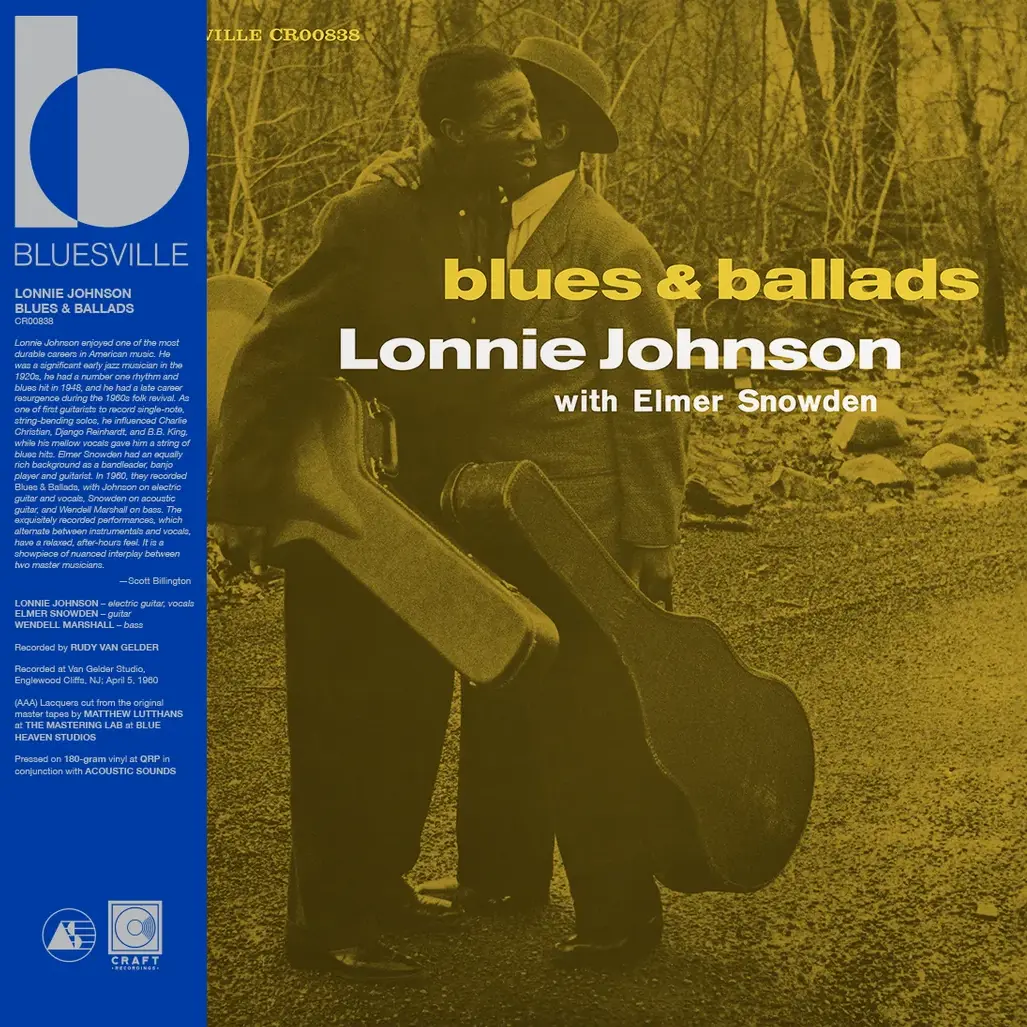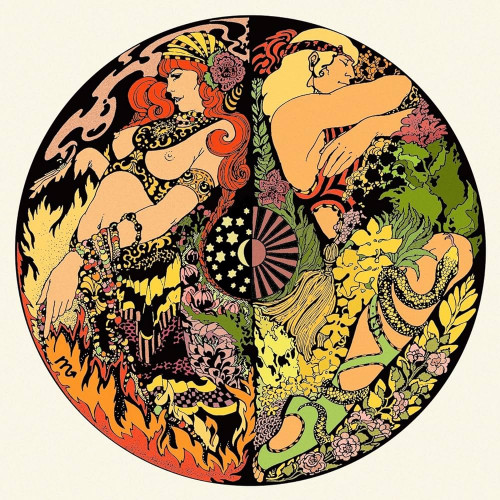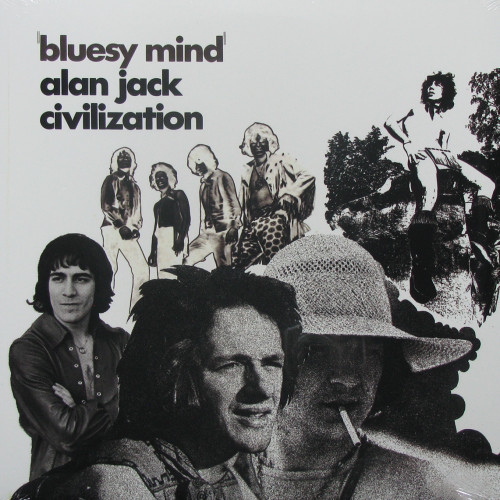Like almost all the beat bands that were part of the 1964 British Invasion, the Animals too released their debut album in short order to capitalise on the success of ‘House Of The Rising Sun’, and just as surely filled it with covers of old and recent rock'n'roll and R'n'B songs.
To be fair, Animals played no less powerful rock than their modern compatriots like Stones, Yardbirds, Kinks or Them, and it is not surprising that some of the songs chosen for this album have some overlaps with the material of these bands.
Of particular interest is the opening track ‘Story of Bo Diddley’, which was credited to Byrd but was later shared with the musician himself for reasons that become obvious almost as soon as the track begins. It's amusing to hear Birdon pay homage to Dylan, the Beatles and the Stones, the latter of whom had barely begun their careers. It's also amusing to hear him despise the pop tunes coming out of the Brill Building, especially considering that he and his own band will soon be recording numbers from that very source when it becomes apparent that the band doesn't have the writing talent of the Beatles or Stones.
Musically, the band is quite solid, Alan Price's organ is a clear standout in the backing band, and Burdon himself certainly has a fine vocal for this kind of material.
Of course, just as important to the band is Eric Burdon's teary voice, which possesses an unusual amount of angry, snarling English gruffness. In the still too young, too inexperienced and timid world of white, blues-based music, he was one of the few who wasn't afraid to put his best foot forward and wasn't lacking that ‘best’. Endowed with a powerful roar and not shy about using it for its intended purpose. He displayed tremendous range and was capable of turning the most mediocre 12-track blues into one hell of an opera. Who could top this guy? That's a silly question. Listen to what might be considered his defining moment, the ‘Come on, let's shake it up!’ part in John Lee Hooker's ‘Boom Boom’; who among the greats could compete with him? In England, at least in 1964, nobody.
